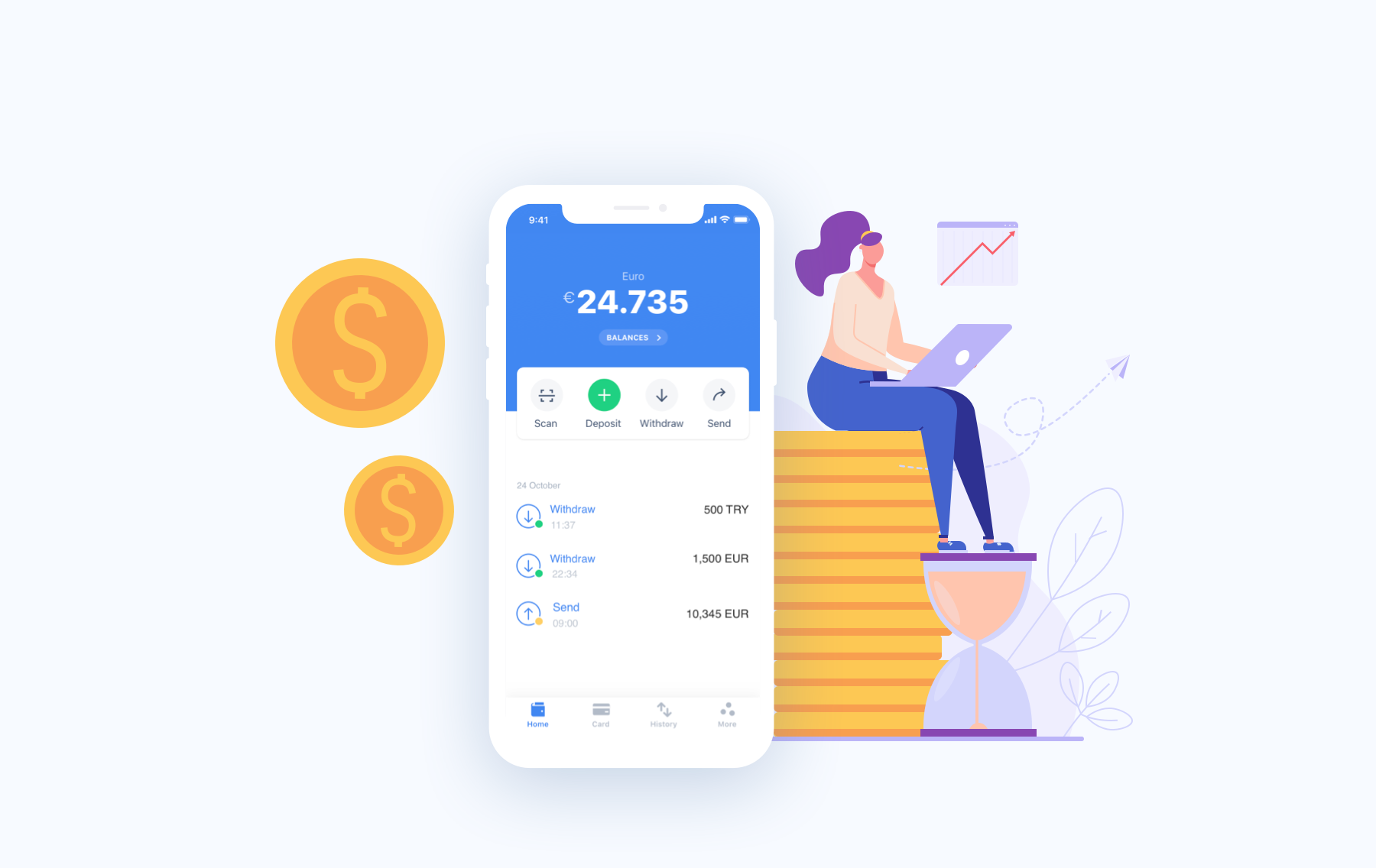E-wallets, also known as digital wallets, are software that makes it simple for users to make online purchases of products and services, thanks to ongoing technological advancements. The number of people who use them is increasing every day. It’ll only be a matter of time before our physical wallet is dismissed as a useless accessory. It may even go out of style if it is no longer required.
Using e-wallets effectively may help us save costs and leave us with money to save, invest, or have fun at the end of the month. E-wallets can help us get the most out of our money if we utilize them wisely. The budget is the same, but it can now do more than before. However, it is normal to see people being drawn in by all of the programs, prioritizing wants above needs, neglecting to practice control, and ending up in a financial mess as a result of overspending.
Because of these, the answer to the question of how to manage your money in your e-wallet wisely has become important.
What is an e-wallet?
A digital wallet, often known as an e-wallet, is a service and software system that allows products and services to be exchanged online with digital currency sellers.
Near-field communication technology was used to create the digital wallet. Consumers’ employment in the digital world is substantially facilitated by digital wallets, which allow them to complete purchases swiftly and simply. Jeton’s digital wallet app gives a high level of data protection by allowing secure shopping using powerful encryption technology.
Things that you can do
You might limit the amount of money you put in your e-wallet mobile app to avoid being persuaded by their good marketing initiatives. The amount is one you estimate to cover all of your expenses as a consequence of reviewing your previous month’s activities and assessing your future expectations for the next month.
Furthermore, you can deposit the entire cash at once at the start. This is because not all e-wallet apps allow you to top up your balance for free, and you may wish to avoid paying any additional costs, no matter how tiny. Of course, no one knows for sure what will happen, and the computation could be off. Nonetheless, you should make an effort to save costs as much as possible.
An e-wallet is, at its core, a wallet, and the monies kept in it are linked to your overall financial situation, rather than being a separate entity. To keep track of your spending and how much money you have left for the month, update your budget after each usage or transaction to keep it connected to your overall finances. This approach is a lot easier with an e-wallet because it has a history function that allows users to examine all of their previous transactions.



